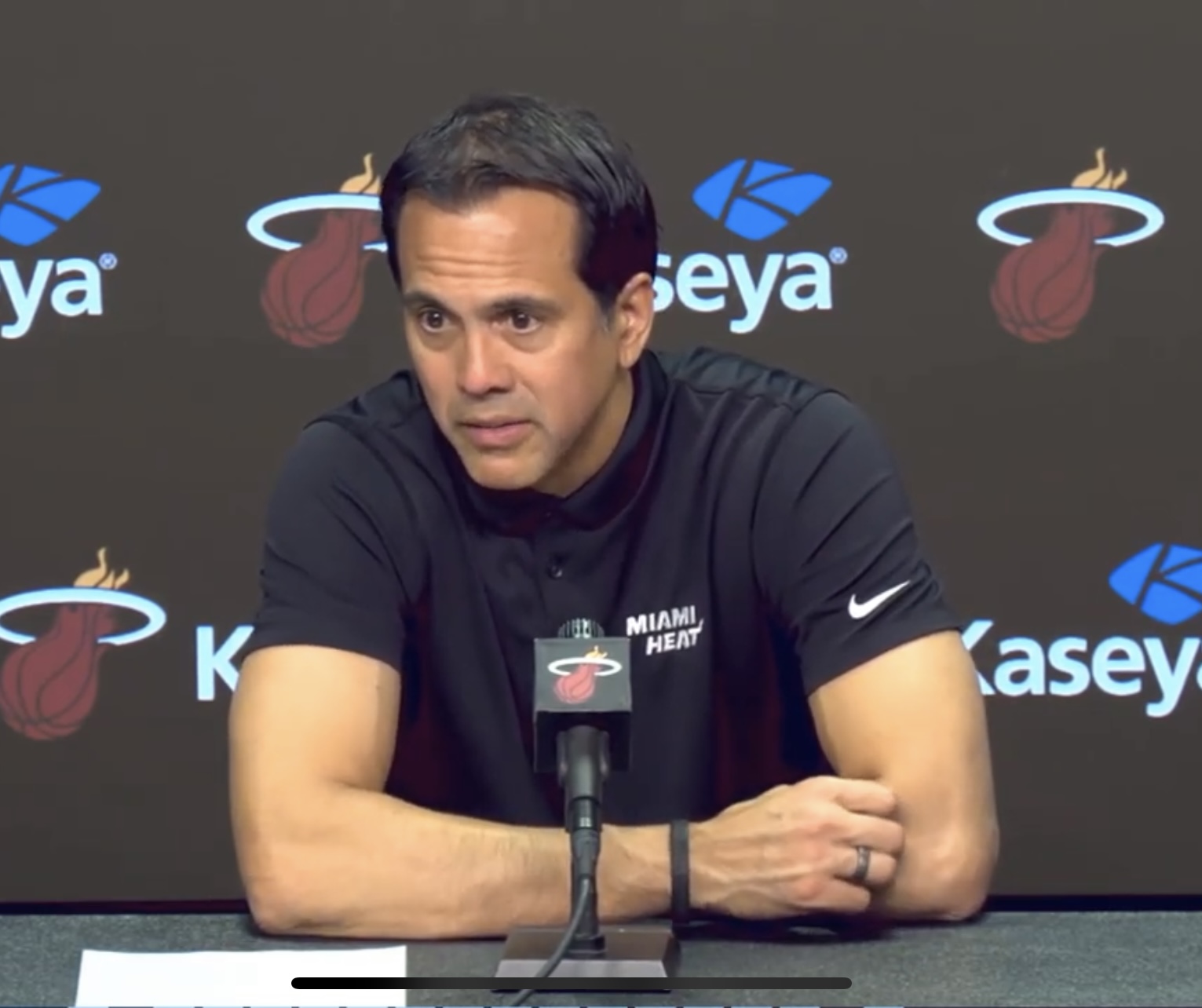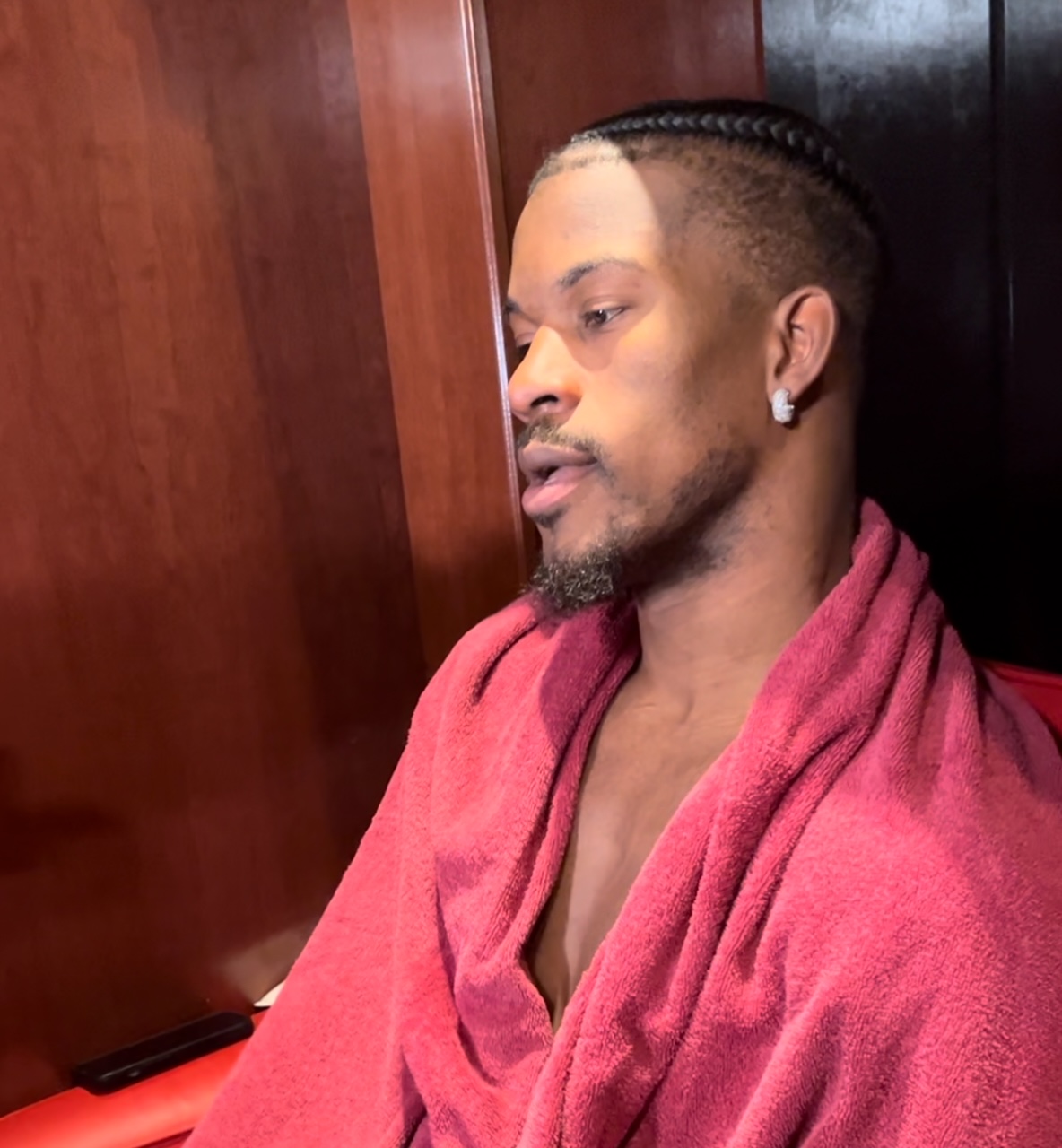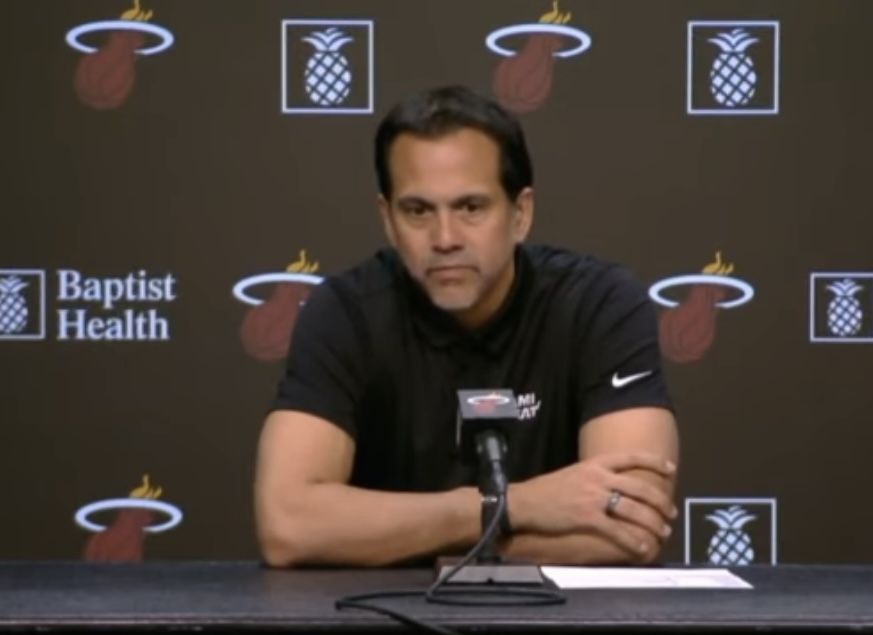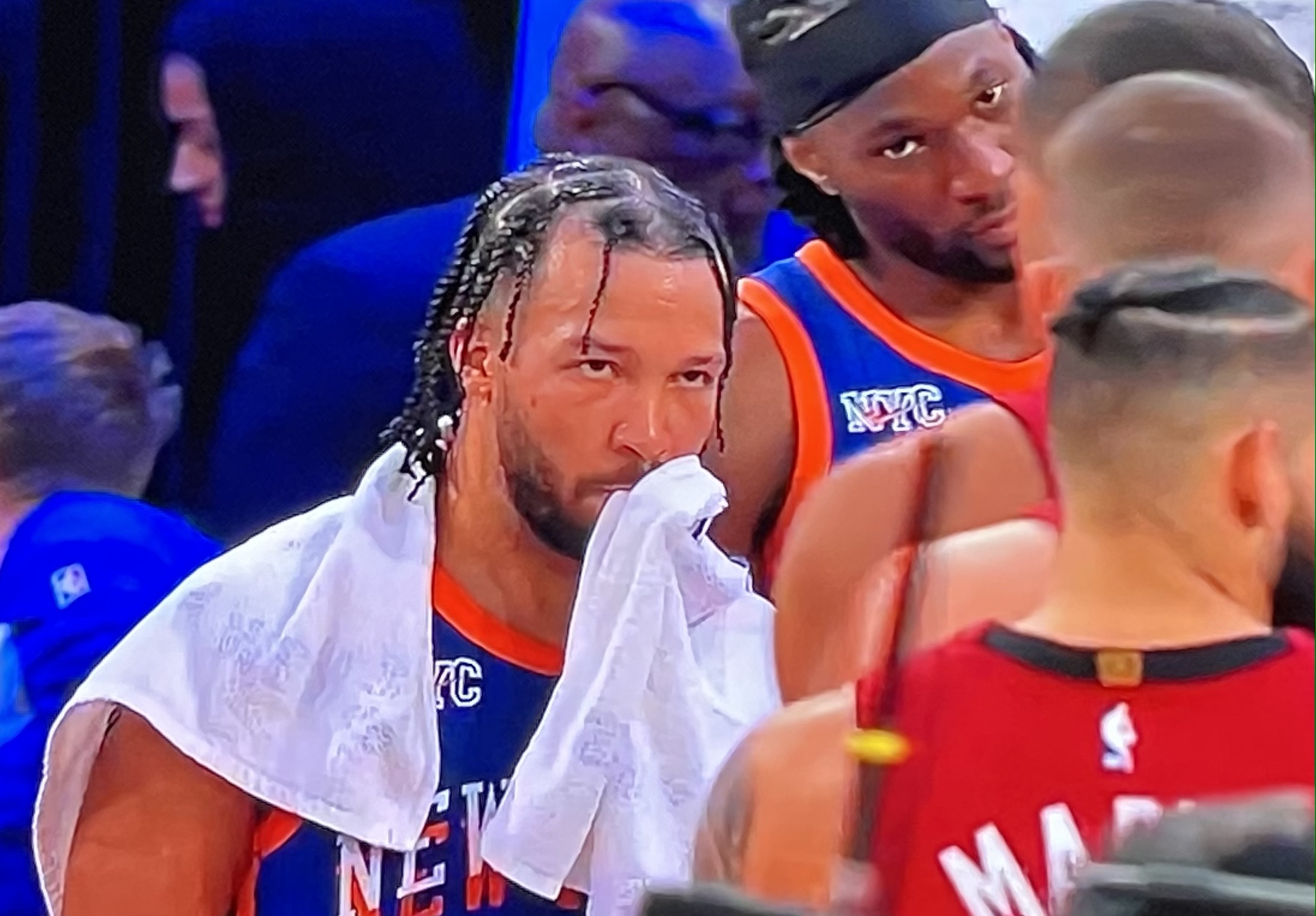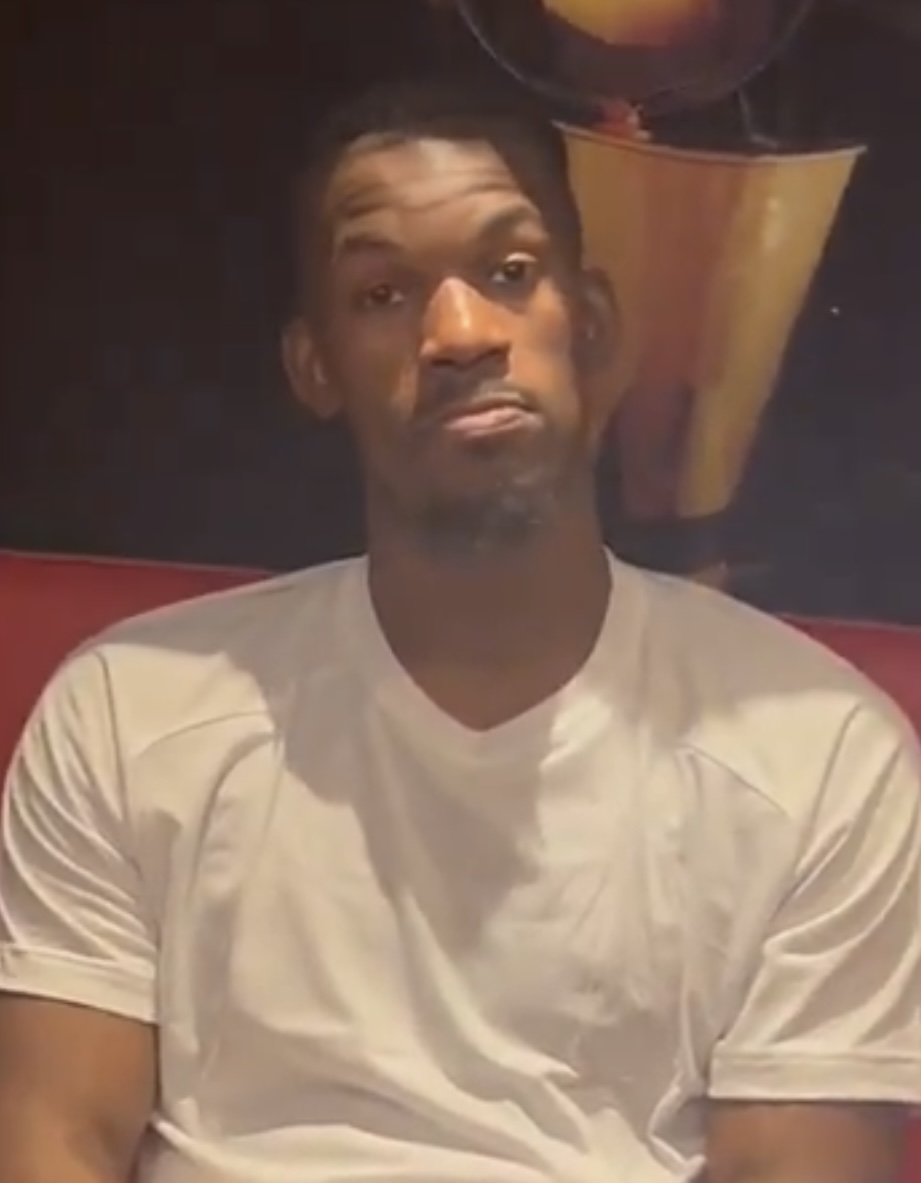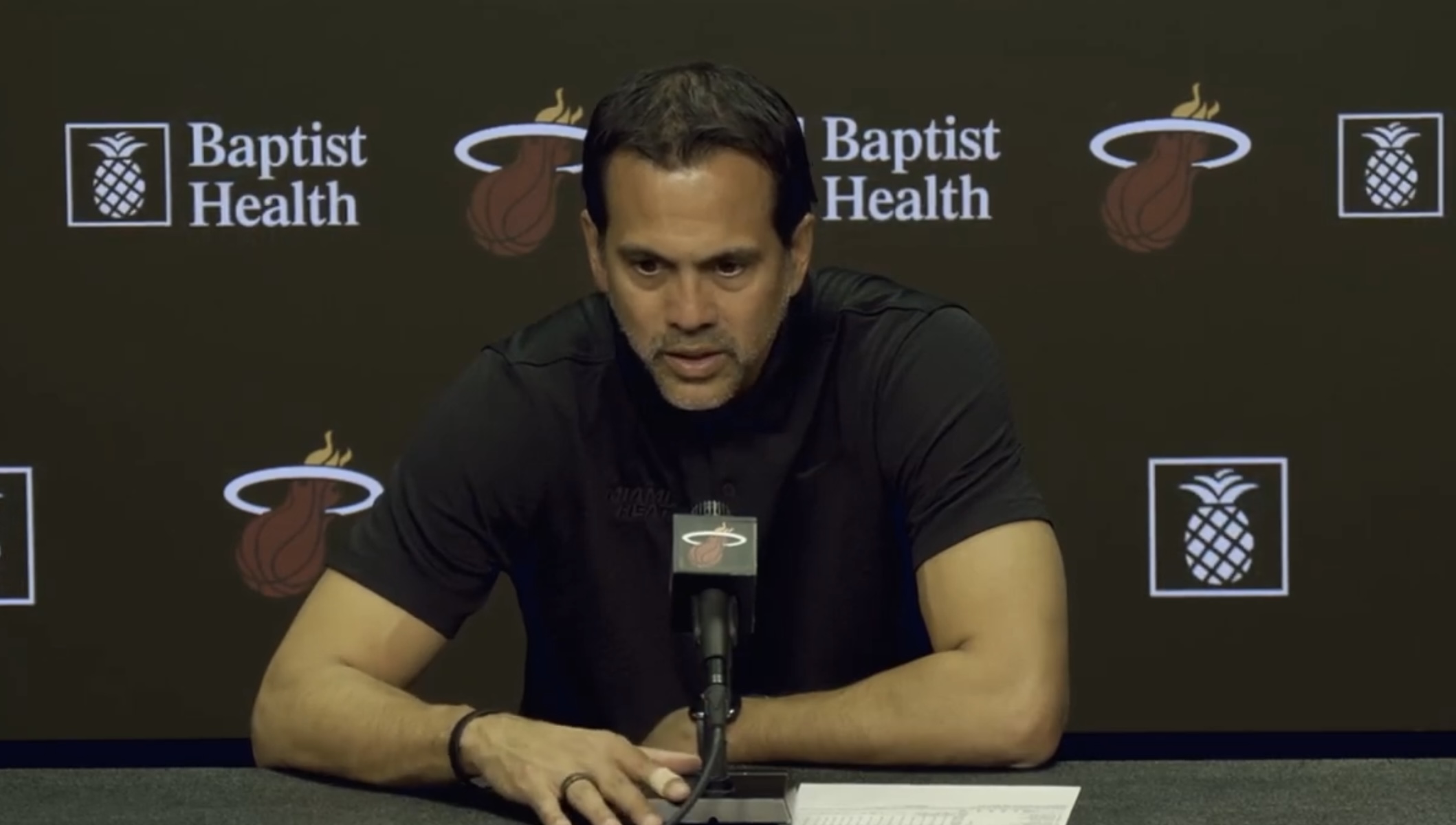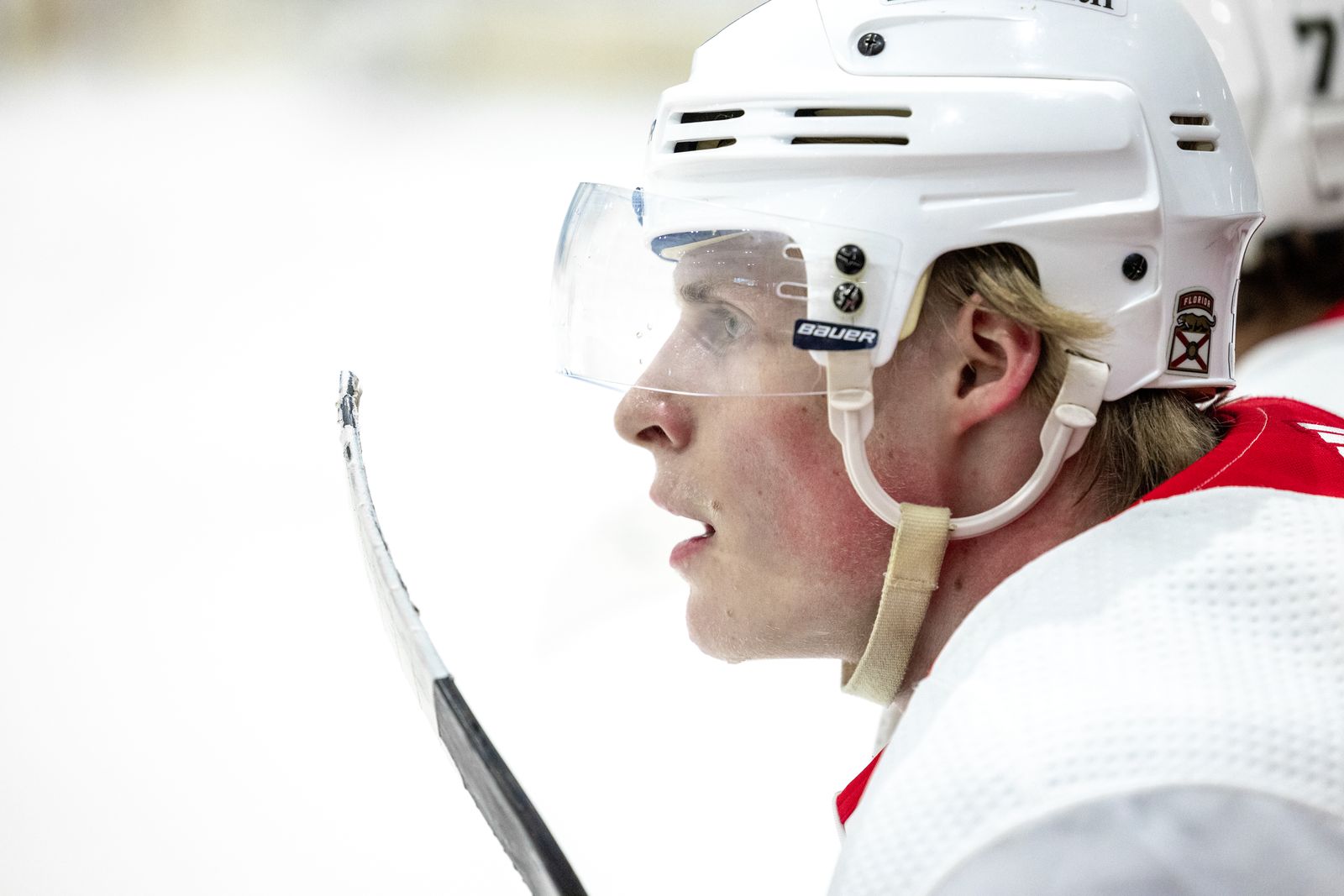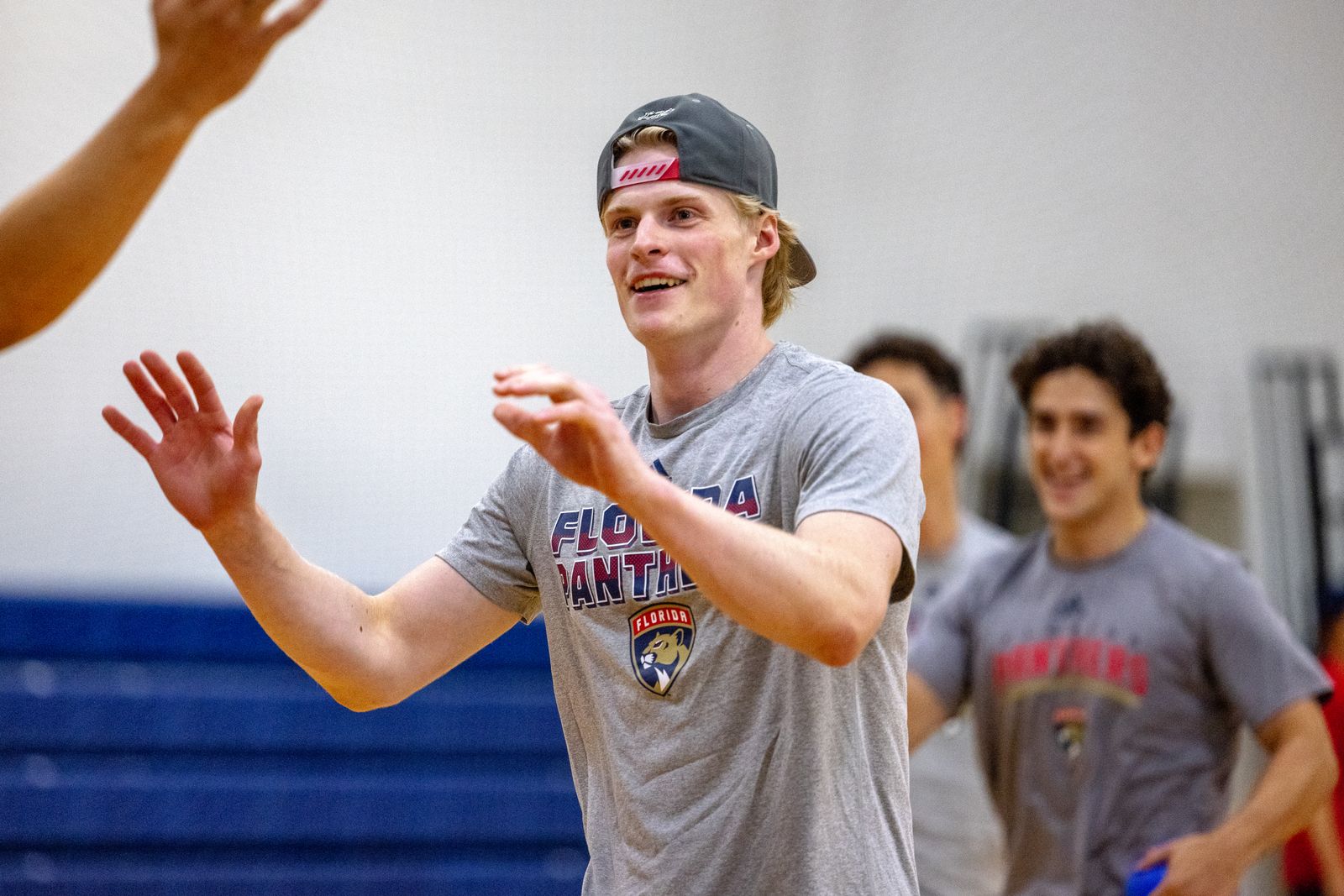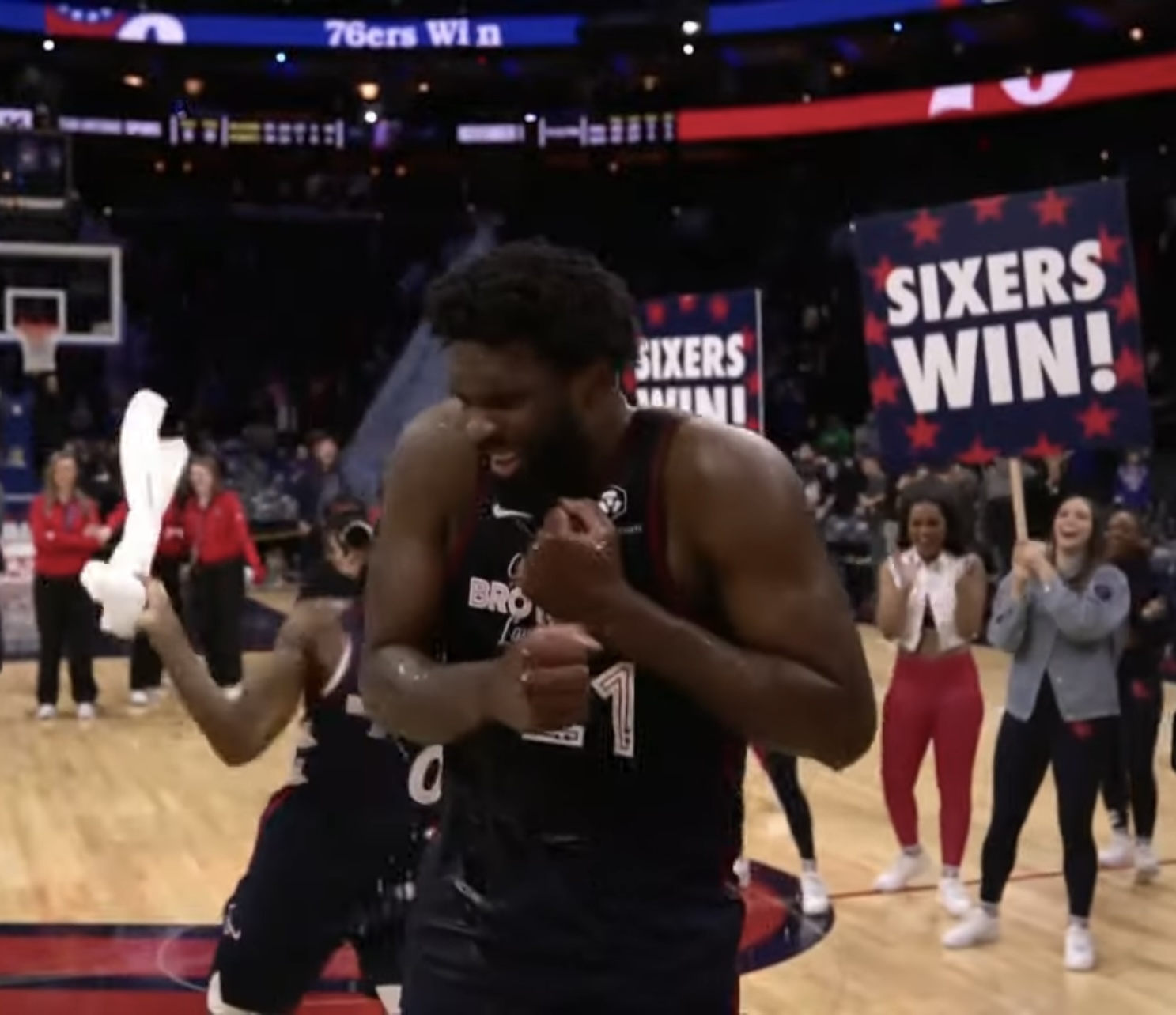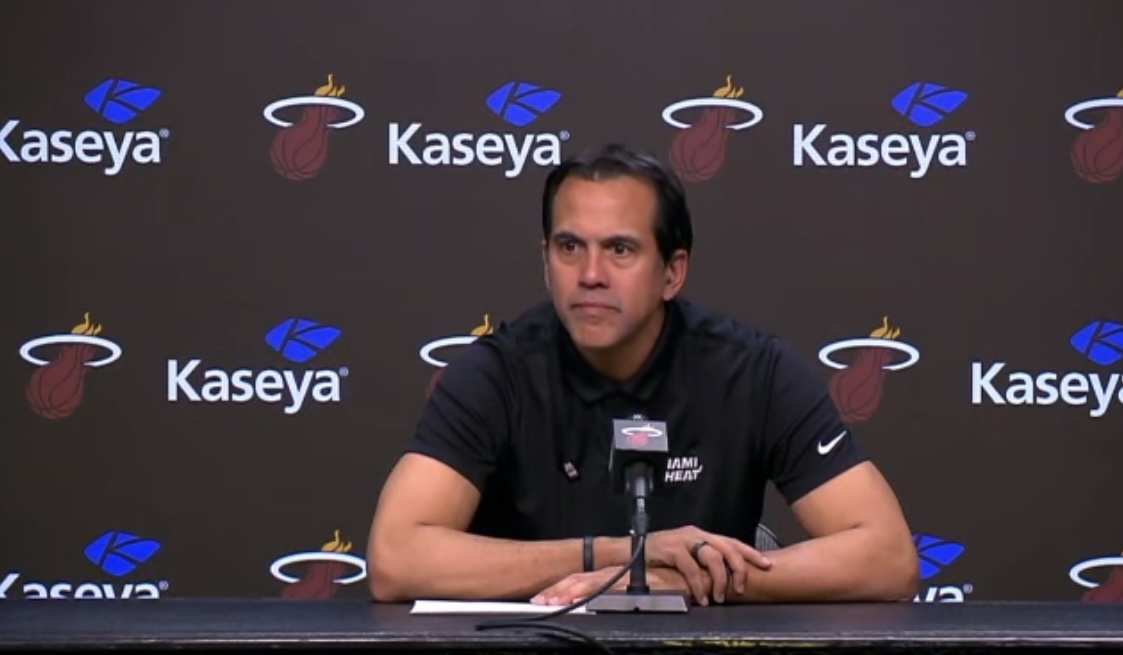Mateo’s Hoop Diary: Jimmy Butler and Co. snap the Heat out of funk, setting franchise assist record
To start, the offense was jammed worse than traffic during rush hour on the Don Shula Expressway. But the defense made it just as ugly for the visitors, aside from Keegan Murray and Kevin Huerter, with on-time contests in man coverage and the 2-3 zone.
It took nearly seven minutes of action for the Heat’s offense to settle itself. Jimmy Butler cut back door for a lob assisted by Kevin Love’s pass at the top of the key + Jaime Jaquez Jr.’s back screen on Harrison Barnes. To end the quarter, the Heat converted its next four of seven shots to take a 28-22 advantage.
Then Josh Richardson blasted the Kings with a handed-off triple by Adebayo at the top, two left-wing trays, a left-handed layup in transition and a floater in the lane to start the next frame. Additionally, Adebayo contributed four of six baskets, thrashing the paint in transition and the half-court. Two possessions later, Caleb Martin carved the baseline for a reverse layup, giving the Heat an 18-point lead, its largest of the night.
But the separation on the scoreboard was short-lived.
Defensively, the club lost track of Murray behind the arc when he cut on the baseline and the instance he ran past miniature Terry Rozzier on a transition lob similar to a wideout elevating over a cornerback for a touchdown. Domantas Sabonis broke interior protections, pouring eight points into the paint. And the Kings went on a 24-10 run to close the quarter.
At halftime, the Heat was up 59-54 and ahead by four on the glass, with 26 points in the paint, nine on the break, two via second chances and five after turnovers. Richardson was the scoring leader with 16 on 66% shooting, followed by Butler’s 11 on four of six attempts.
The Kings had 30 points in the square, plus 14 in the open court, six from second opportunities and four after turnovers. Murray had 21, making 73% of looks, and Huerter dropped 11 on five of seven tries.
Next, the Heat had one of its top halves of the season moving the ball, recording 19 assists on its last 21 baskets.
In the third quarter, Rozier got the ball to Butler for an inside drive when his dribble picked up an extra defender, plus had four more dimes. Herro tallied a lob to Adebayo after the handoff up top, resulting in a two-handed dunk, and two feeds to Butler in the right corner and baseline for points. Adebayo set up Herro for a nine-foot floater with a handoff and found him at the top of the key for a trifecta when Murray overreacted at the nail.
Conversely, the Heat conceded four of 10 3-pointers. Adebayo ignored Sabonis. Rozier and Martin incautiously left their man. And De’Aaron Fox splashed a pull-up 27-footer. The defense prevented any shots at the rim but gave up six out of 11 attempts in the paint non-restricted area, which is 10.1% better than the league average for the Kings.
In the fourth, the Heat cranked up its defensive RPMs close to what it was in the first quarter. Doubling after the catch, flying around in the 2-3 zone, baiting into tough shots and a chase-down block by Richardson on Huerter overwhelmed the Kings. Initially, JRich’s denial was called a goaltend, but after quickly seeing the review on the monitor above, coach Erik Spoelstra boldly demanded a challenge. The Heat allowed its guests to register 35% of its baskets in the sequence.
On offense, Butler prosperously shot over Barnes from mid-range on the left side, dunked in transition and made four freebies. Richardson connected on two triples and got past Huerter for a layup. And Adebayo thwacked the rim on a lob from Herro and buried a jumper at the nail over Sabonis.
The Heat snapped its seven-game losing streak, 115-106, with a franchise record of 40 assists. On the side, it had 50 paint points, 15 on the break, seven from second tries and 12 after turnovers. Butler had 31 on the scorecard on 71% shooting with seven rebounds and six assists. Adebayo supplied 16 points, 11 rebounds and four dimes.
The Kings racked up 54 interior points, 22 on the break, 17 on extra attempts and six after turnovers. Murray finished with 33 points on 12 of 18 ventures. Sabonis had a triple-double- 19 points, 17 rebounds and 13 helpings.
Herro handled the on-court interview. He said that after Tuesday’s “intense” film session, the players had to counter. “[We had to] give more effort on both ends. I thought we responded well to the meeting yesterday, and we came out with a W.”
At the postgame presser, Spoelstra was relieved that the longest losing stretch in his career is over. He said, “For one day, it feels great, and I’m okay with everybody having a little bit of an exhale, and then we’ll get on that plane and get ready to start this process again when we get to [Washington] D.C..”
—
For exclusive Miami Heat content and chats, subscribe to Off the Floor:
